The family environment where one grows up can tremendously impact an individual’s emotional, psychological, moral, social, and overall development. Needless to say, people living in a dysfunctional family go through a lot of trauma and pain. Let’s explore the major characteristics of dysfunctional families.
The year was 2004 and the news of A’s death came as a shock. I was in my late teens and A was just a couple of years younger than me. It hadn’t been a disease or an accident; it had been suicide.
This fact had thrown me into a tizzy – I had known her for some years then, what must have brought her to it?
Once things settled down and I felt a little more at ease with this new reality, I began to go back in time and look for evidence. I could then recall a lingering sadness in A’s eyes, which I had earlier written off as her being “low”.
I remembered that there were times she would sound despondent and that I hadn’t paid attention. Through my own guilt trip, I realized it was highly likely that A had been trapped in a dysfunctional family.
There had been symptoms – the misplaced humor, the children never being taken seriously, the lack of respect between the parents. I had seen it all and taken it in my stride, given the dysfunctions in my own family of origin.
In time, I met various people who had seen torrid times growing up, and the commonalities seemed glaring.
This piece is to throw light on commonly found traits of dysfunctional families. Not all would exist in every case, but a combination is often likely.
Related: The 5 Child Roles In Dysfunctional Families
8 Characteristics Of Dysfunctional Families
1. Toxic Dynamics
Every family has a unique dynamic. Dynamics in a family situation typically stem from the roles being played, personalities in the scenario and how communication happens.
In dysfunctional families, the dynamics are usually toxic. In a toxic environment, no one feels valued or respected or accepted, but the relationships continue to linger.
Such a family’s communication pattern may severely restrict the child’s expressions of feelings, thoughts, and needs. Children in such an environment develop low self-esteem and inadequate self-image.
In adulthood, these children end up in toxic relationships. (1)
Children who live under these conditions may also develop long-term issues including anxiety and stress, phobias as well as addictions.
2. Control and Manipulation
This is one of the major characteristics of dysfunctional families.
Straightforward communication is a feature of healthy interactions. And this is exactly what goes missing in dysfunctional families.
The reasons could be many:
- What counts as a common theme is that of control. And along with control, comes manipulation.
- Emotional manipulation refers to the attempt to indirectly or directly influence or control someone else’s behavior, thoughts, or actions resulting in a preferred consequence of the manipulator. Control is exerted in the form of threats, neglect and at times, even overt violence and abuse. Manipulation is tied in so that control can be maintained. These manipulators observe and learn the emotionality and weaknesses of the victim and apply lethal manipulative techniques to control them. Manipulation techniques may range from lying, showing double standard, threats, diversion, shaming, and blaming the victim to even physical violence to implement their domination. (2)
- In some cases, the financial condition of the family is also an issue.
- Drug use and abuse by one parent or both and in others there are psychological issues like the parents themselves having pathological personalities.
3. Constant Conflict
The foundation of a healthy family essentially lies in peace. This peace does not come about because the people involved are all similar, but because they work on differences and find middle grounds to meet at.
When you are living in a dysfunctional family, however, conflict is often a constant state. Underlined by different forms of abuse, conflict sets the stage for everyone involved.
Even if there are no regular “fights”, the sub-text is one of dissent and disappointment; which means that the basic survival needs of love and togetherness are not met and insecure attachment patterns are created. (3)
Related: 10 Signs of Toxic Family Enmeshment and How It May Impact You As An Adult
4. Ignored Feelings
One of the major signs of a dysfunctional family is this.
Imagine a scene where the parents give each other the cold shoulder at breakfast and the child at the table senses something is off but knows trouble will break out if they talk about it.
Unsaid things and as a result, ignored feelings are a classic symptom shared by many dysfunctional families.
Remember the point I had made about A earlier, about how she would be met with inappropriate humor.
So in effect, there was someone wanting to be heard for what they were experiencing and someone else, in this case, a caregiver, who neither had the patience to go through the process nor the interest in actually getting to know where A was really coming from.
5. Consistent Neglect
This is again one of the major characteristics of dysfunctional families.
Across many dysfunctional families, run the themes of unemployment, drug and/or alcohol abuse, mental illnesses and extra-marital affairs.
By their very nature, these situations are fraught with one common thing – neglect.
Neglect between parent and child, between parents, neglect between siblings, all is too common in families that don’t have stability and security tied into their inner fabric. This kind of neglect, added to all the other problems, contributes to a lack of peace and even long-term emotional and psychological disturbances for the people involved.
When the child is neglected by the ones they hold as the dearest there is nothing more painful and this invariably leads to the feelings of low self-worth as one starts to feel that “If my feelings are not worth a hearing, I too am not worth any good.” (4)
6. Absence of Empathy
For a family to journey together through thick and thin, if there’s one thing apart from love that it needs, then that’s empathy. And sadly, this is a sentiment rarely displayed or never at all in dysfunctional homes.
This means there is always a sense of conditionality woven into relationships between different people, especially those between parents and children.
For families with perfectionist parents, empathy is a really far cry and children often end up feeling like they are walking on egg shells. (5)
Related: 10 Tips To Deal With Toxic Family Members Without Losing Your Mind
7. Endless Criticism
Almost as a corollary, constant criticism is to be found wherever there is an absence of empathy.
Children who grow up in such an environment are enveloped with a fear of rejection and embarrassment.
While lessons and experiential learning are part of every family, it ultimately boils down to how messages are conveyed. In dysfunctional families, they can be disproportionately harsh and ridden with extremes of emotions such as anger, rage, and bitterness. (6)
8. Poor communication
No communication or lack of it wreaks havoc in dysfunctional families. The reasons again are many.
Disturbed attachment patterns (between parents first and then between parents and children), substance use and abuse, violence and unresolved trauma in caregivers often lead to communication that’s either skewed or missing altogether.
Children growing up in a confusing and anxiety-ridden atmosphere tend to develop issues early on, though the discoveries are sometimes made much later.
It is every person’s wish to want to belong and be cared for as part of a family that will stand up for one another. Unfortunately, many of us find ourselves in personal situations that are not just unsafe but also far from sustainable.
It serves to develop an awareness of where you are and what you can do about it, even if the steps are small and nuanced.
Walking away isn’t always an option, but changes in behaviour and responses can be helpful, especially if children are involved in the picture.
References:
Understanding Dysfunctional Relationship Patterns in Your Family DYSFUNCTIONAL FAMILIES: EMOTIONAL MANIPULATION Parental Attachment Problems: Child neglect and its consequences Childhood Emotional Neglect Empathy vs. Blame Surviving a Dysfunctional Family
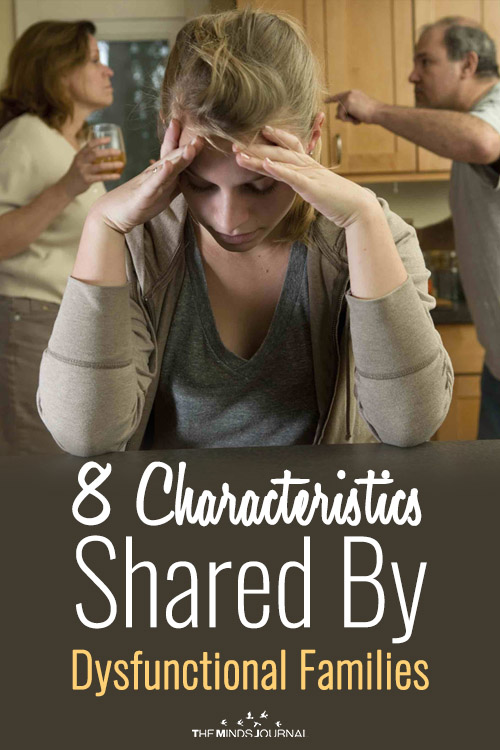
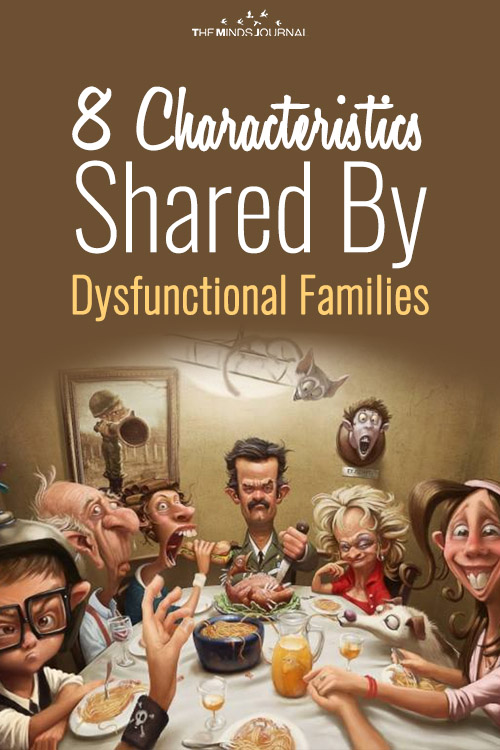
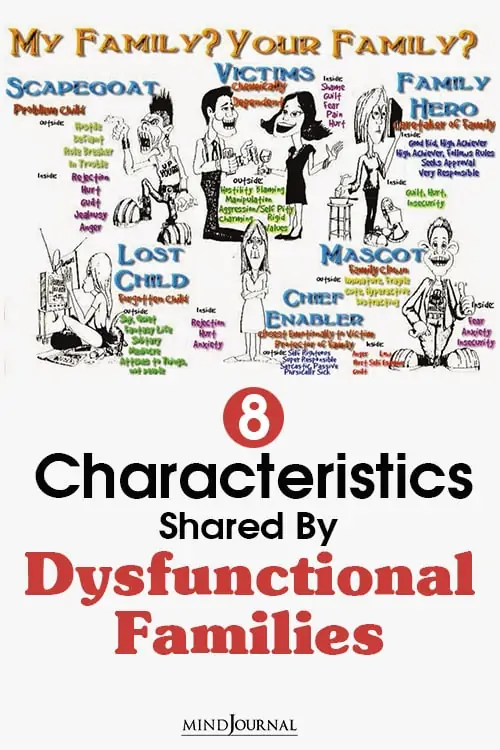
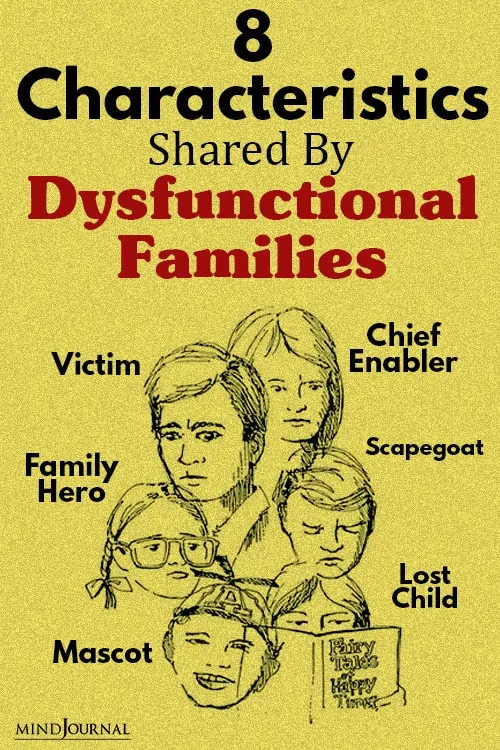
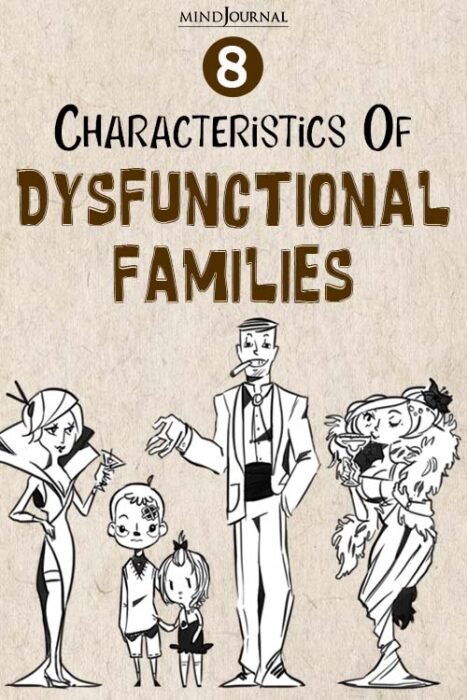
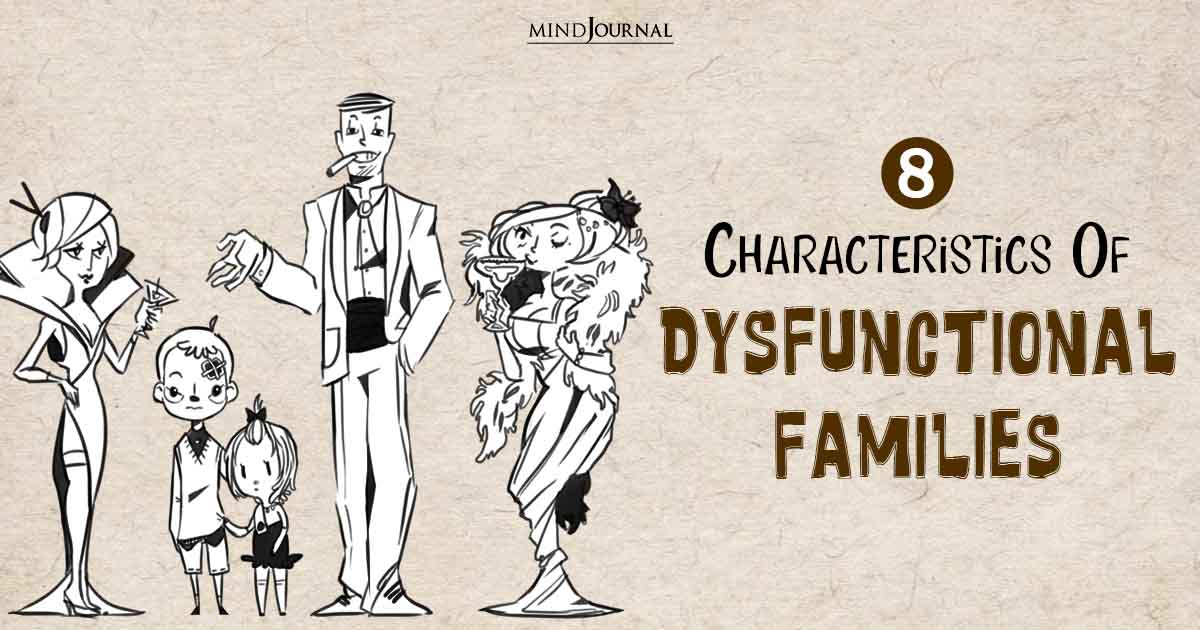






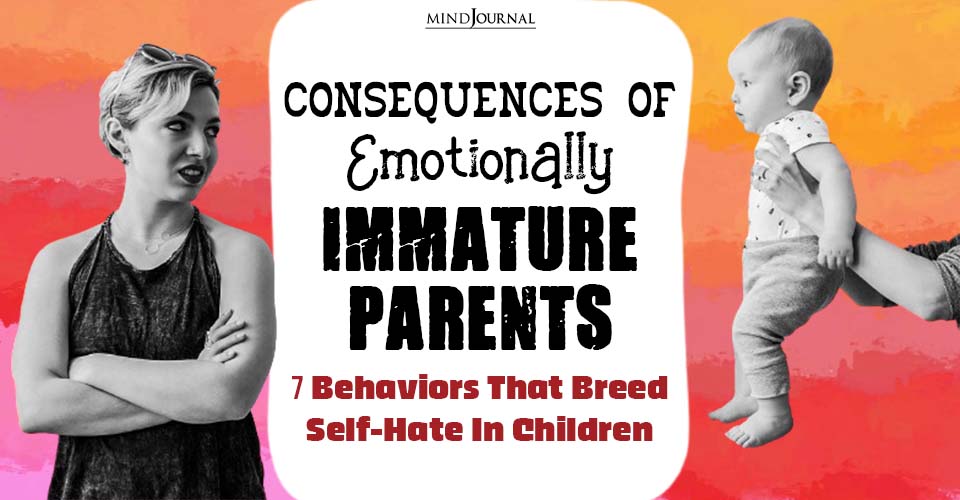
Leave a Reply
You must be logged in to post a comment.